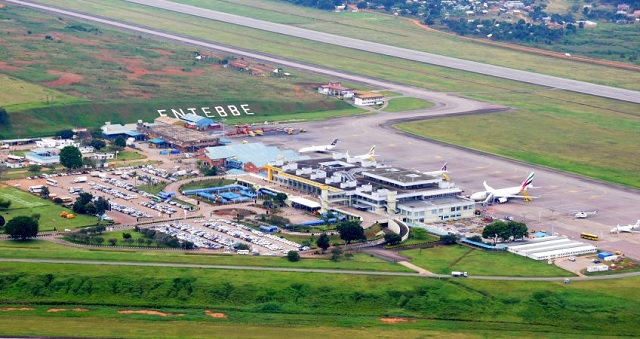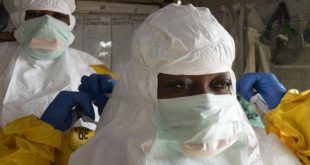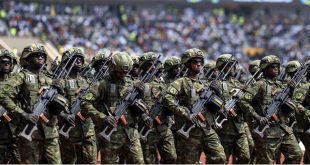
In Africa, only Nigeria, Algeria and Egypt have confirmed cases. Screenings at Entebbe International Airport and other entry points such as Busia, Malaba, Elegu and Cyanika have also been strengthened with deployment of additional health workers, treatment and infection prevention materials.
“Entebbe and Naguru referral hospitals as well as Mulago National Referral Hospital Grade A have been prepared to receive and manage suspected and confirmed cases,” she said, adding that the Ministry of Health has also mobilized a mobile testing laboratory facility to boost testing capacity.
Kaducu reiterated that people should avoid handshaking, hugging, mass gathering and to observe infection, prevention and control practices such as washing hands with soap and clean water.
Effects on global economy
Larry Hatheway, a former Chief Economist at UBS and GAM Investments, and a co-founder of the US-based Jackson Hole Economics says as the new Coronavirus approaches pandemic status, it is increasingly likely that the economic impact will be severe.
He says alongside intensifying public-health responses, governments must step in to mitigate the virus’s impact on growth, employment, and living standards. Hatheway says there are three reasons to worry that COVID-19 will hit the global economy hard.
“First, regional and national travel restrictions will curb the flow of goods and services across borders and within countries,” he said. “Second, increased uncertainty will translate into reduced “big ticket” spending by households and small businesses.”
Holidays and business travel are already being reconsidered, as evidenced by the 200,000-plus airline cancellations so far this year.
Hatheway also said the sharp decline in global equity markets, if sustained, will harm the real economy, plunging markets into fear and uncertainty, reduce household wealth, and therefore erode consumer spending.
“In short, COVID-19 and the responses to it could easily lead to a global spending shortfall, which would soon be followed by mounting job losses, potentially pushing real economies everywhere to the brink of recession. But governments have tools for fighting recession,” he said.
Going forward, Hatheway says governments must implement measures to stabilize commercial activity without delay. “The point is to boost disposable purchasing power within days – not months – by putting more money in the hands of middle- and low-income households, who tend to spend a greater fraction of their incomes,” he said.
That is what the United States, the United Kingdom, and many other countries did during the 2008-09 “Great Recession.” Hatheway adds that the central banks should announce fresh central bank rates and liquidity provisions to stir product demand.
He also suggests that all governments should immediately boost spending on medical services, which must be made available to those most at risk from the coronavirus: the elderly, the poor, and the marginalized – both in cities and remote, rural communities.
“Policymakers should immediately authorize spending for fleets of mobile medical units to reach those who cannot otherwise access proper care. Yes, some commentators will fret about the fiscal consequences of tax cuts and increased government spending. “But they will be wrong to do so,” he said.
“Low and falling bond yields mean that most advanced and large emerging economies have extraordinary leeway to borrow at little cost. Central banks are ready to hoover up any government debt that financial markets cannot absorb.”
Besides, Hatheway says, emergency measures will be temporary and subject to reversal after the crisis passes. He said the current challenge is to fight coronavirus and its harmful economic effects.
“Not acting forcefully and immediately would be akin to letting the patient die just to teach him a lesson,” said adding that partisanship and zero-sum politics are no excuse for governments to shirk their fundamental obligations to citizens.
 The Independent Uganda: You get the Truth we Pay the Price
The Independent Uganda: You get the Truth we Pay the Price


